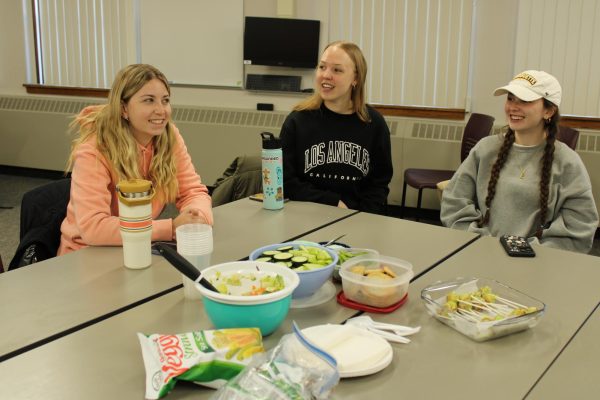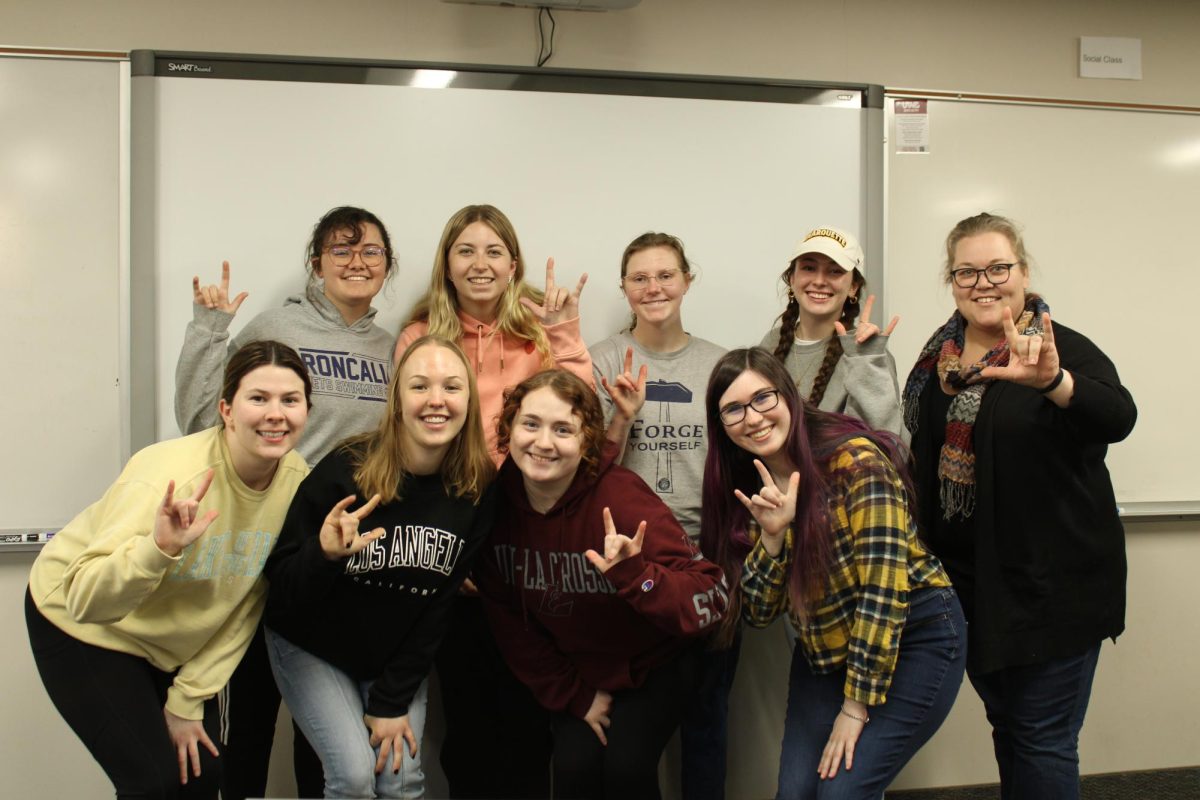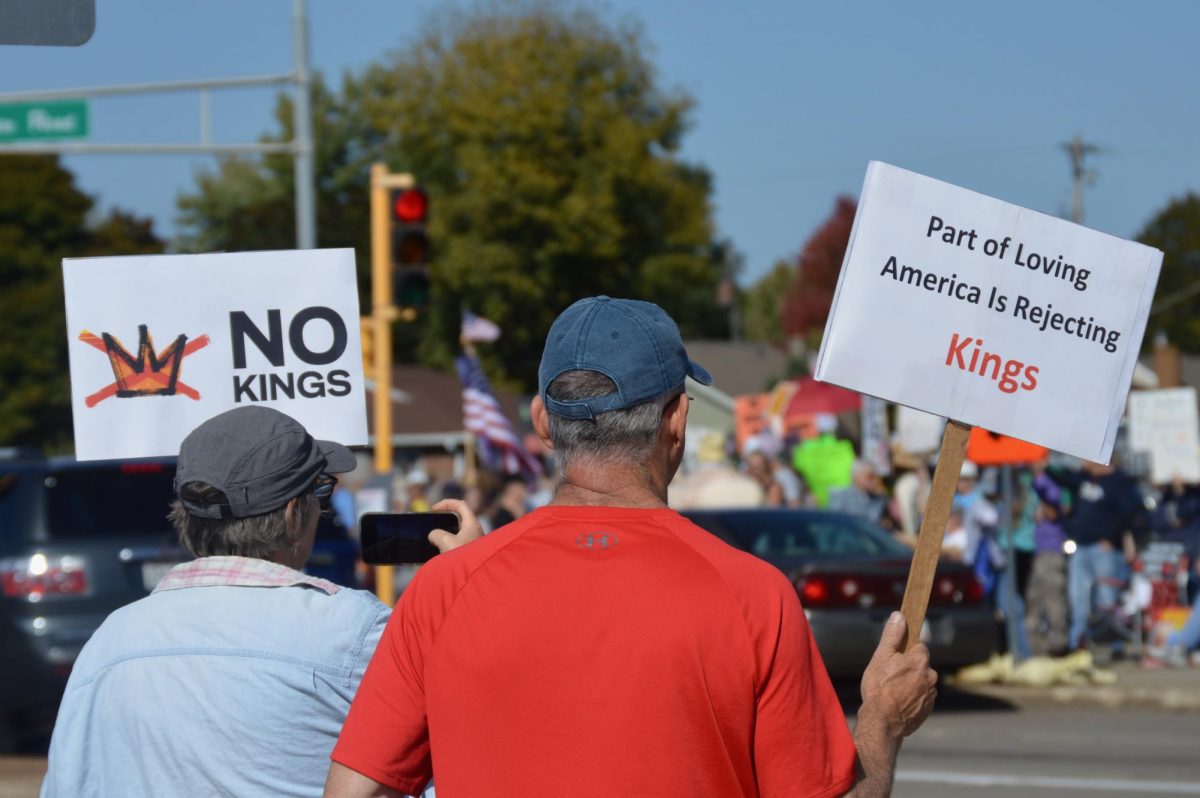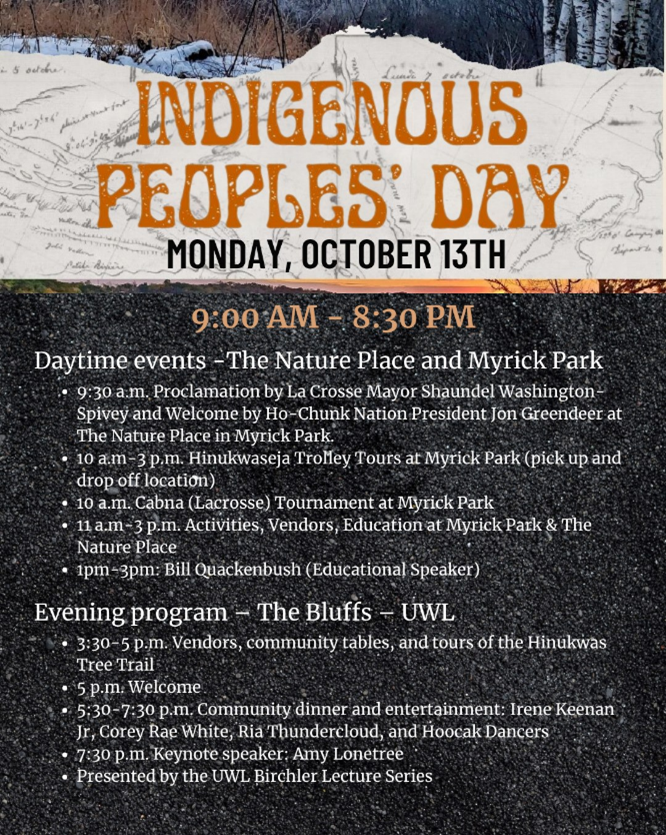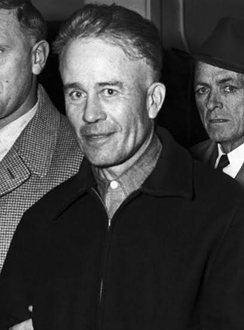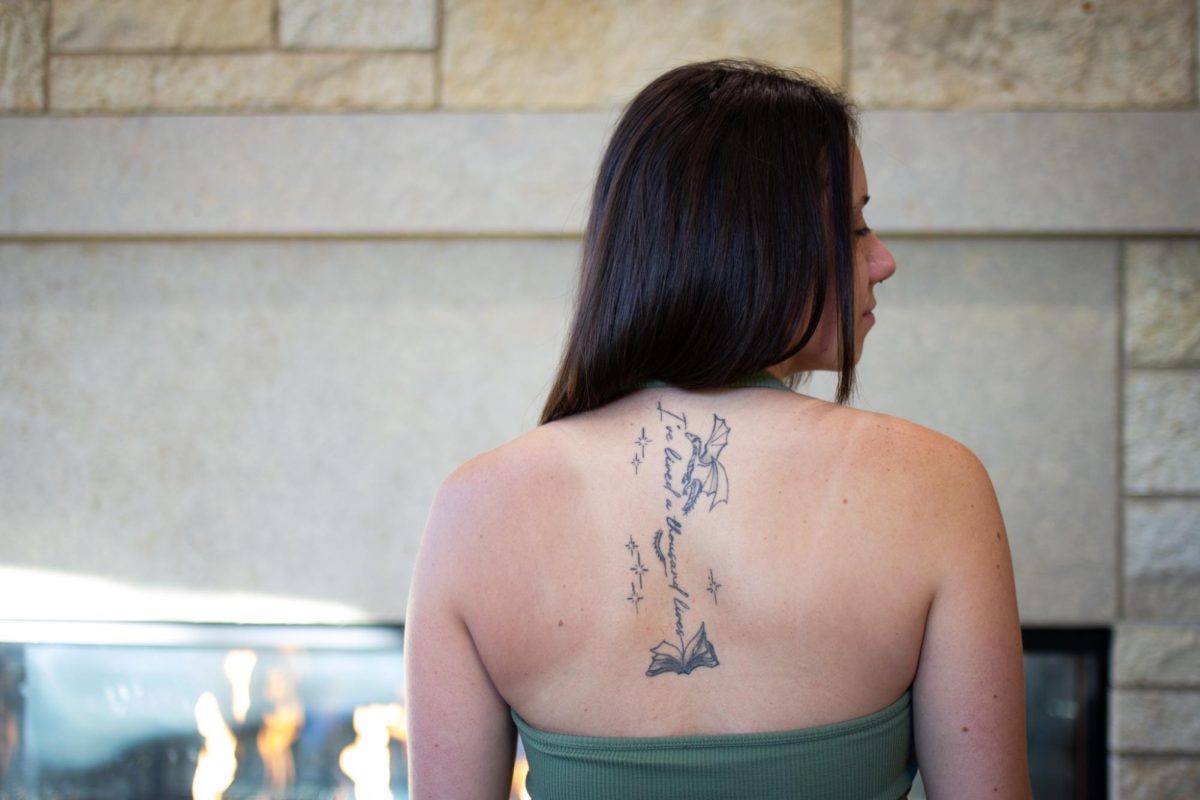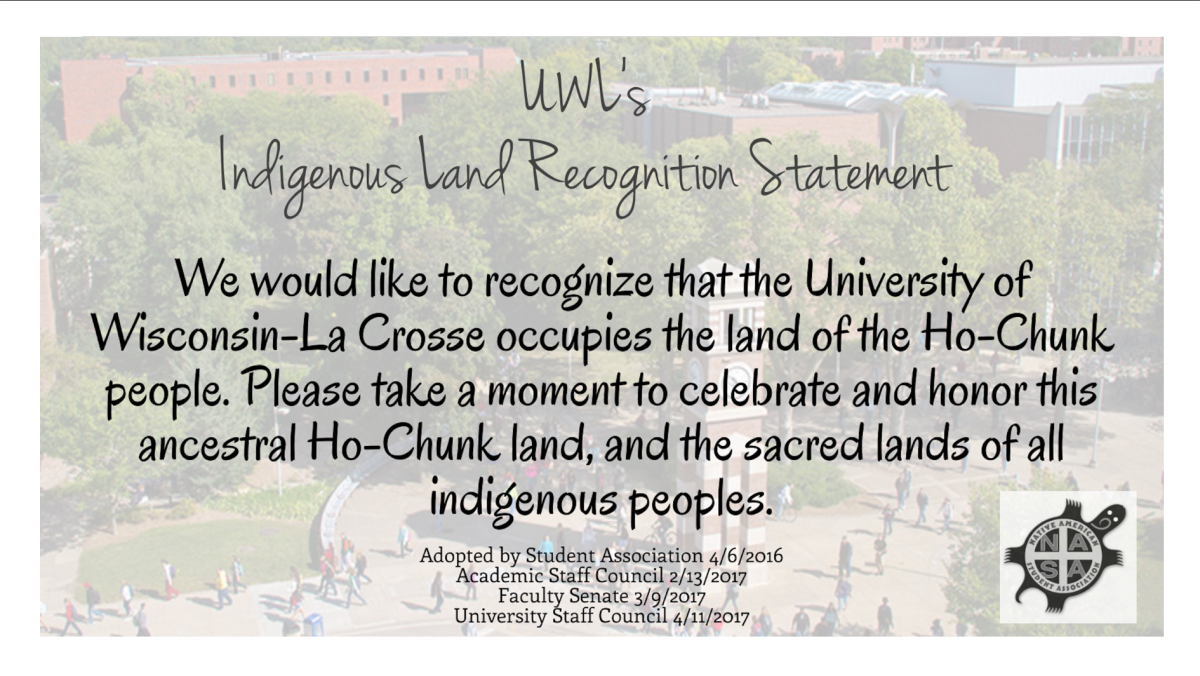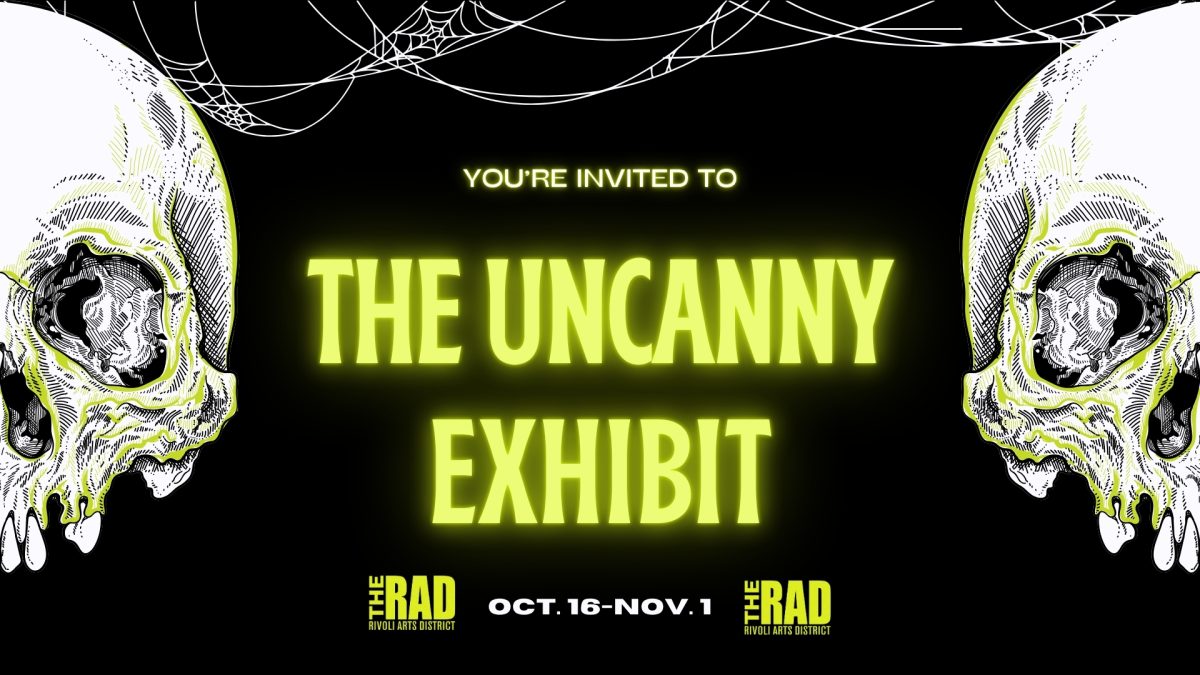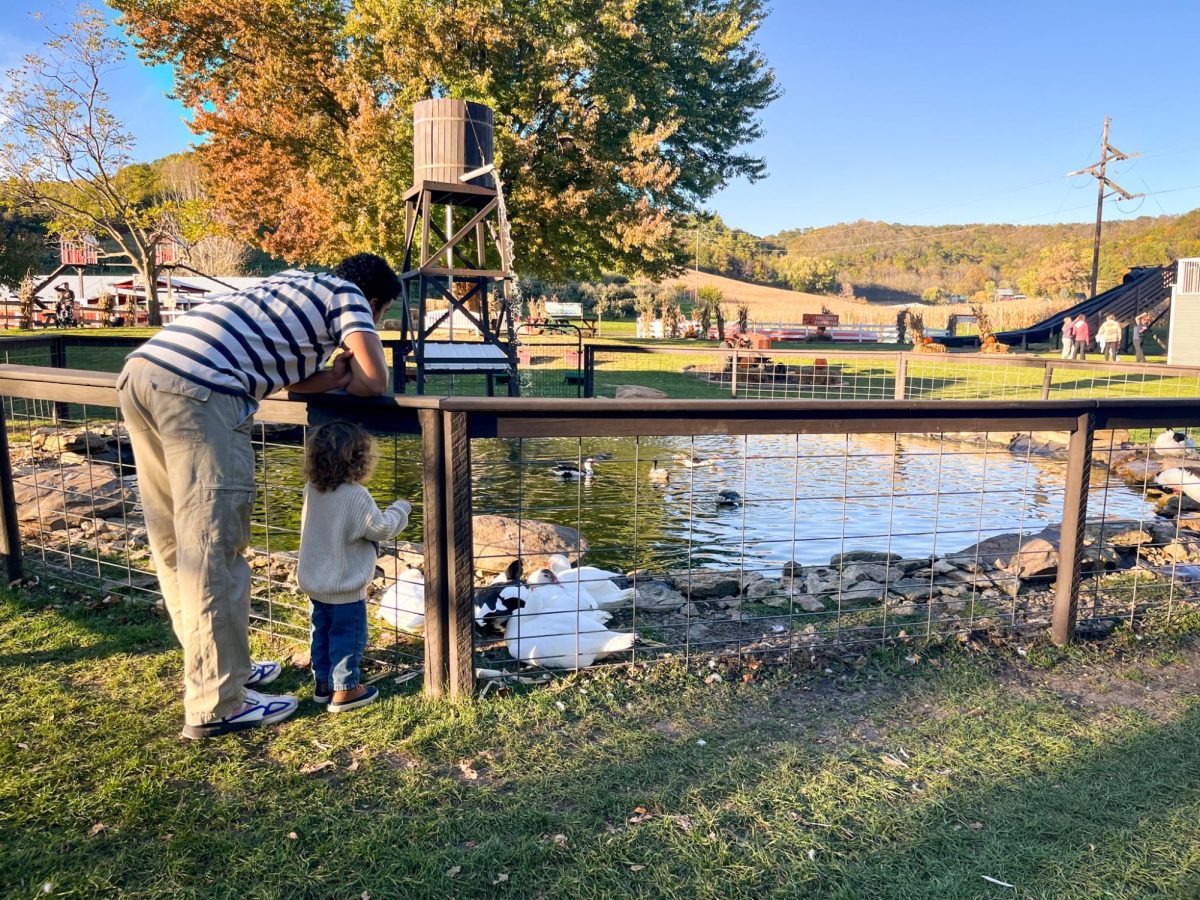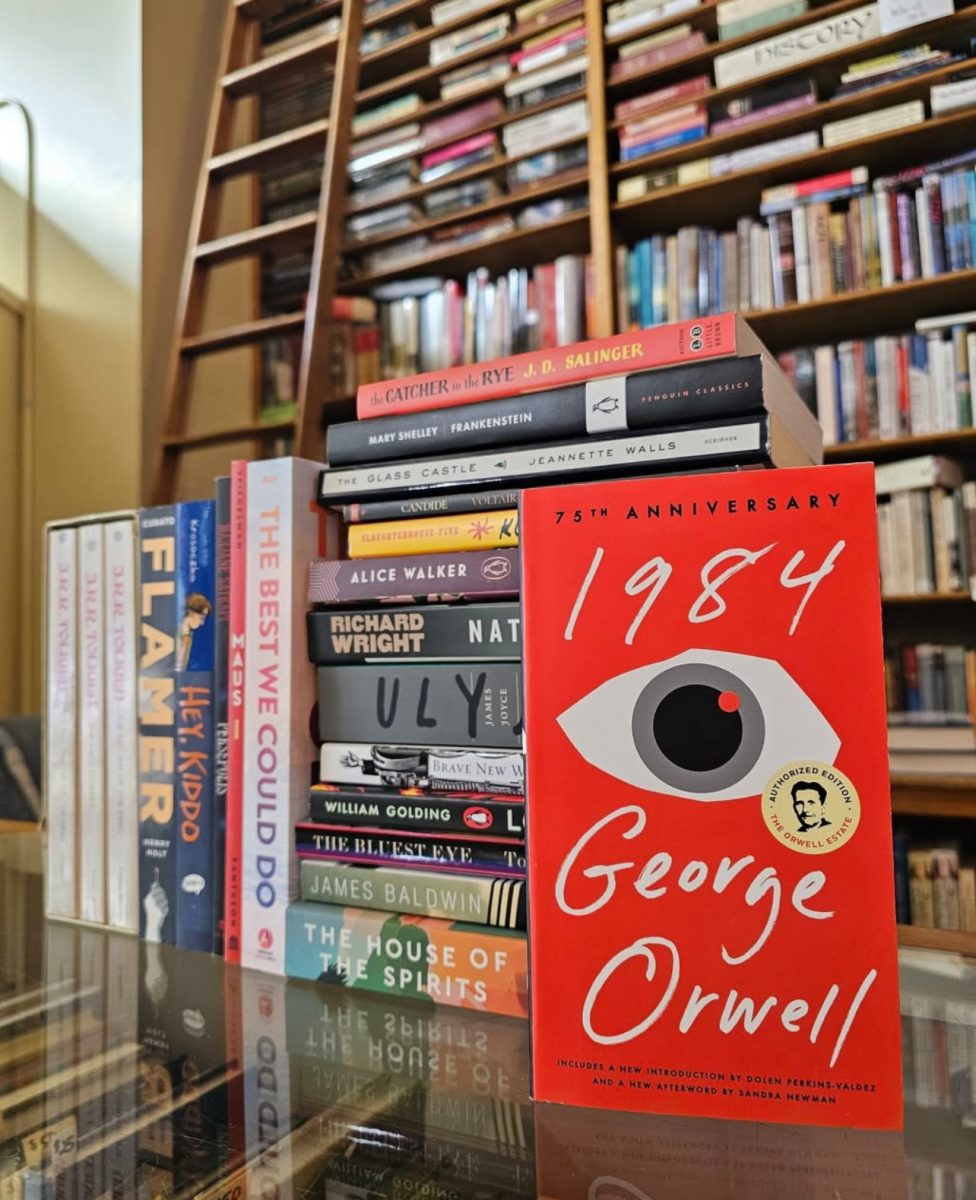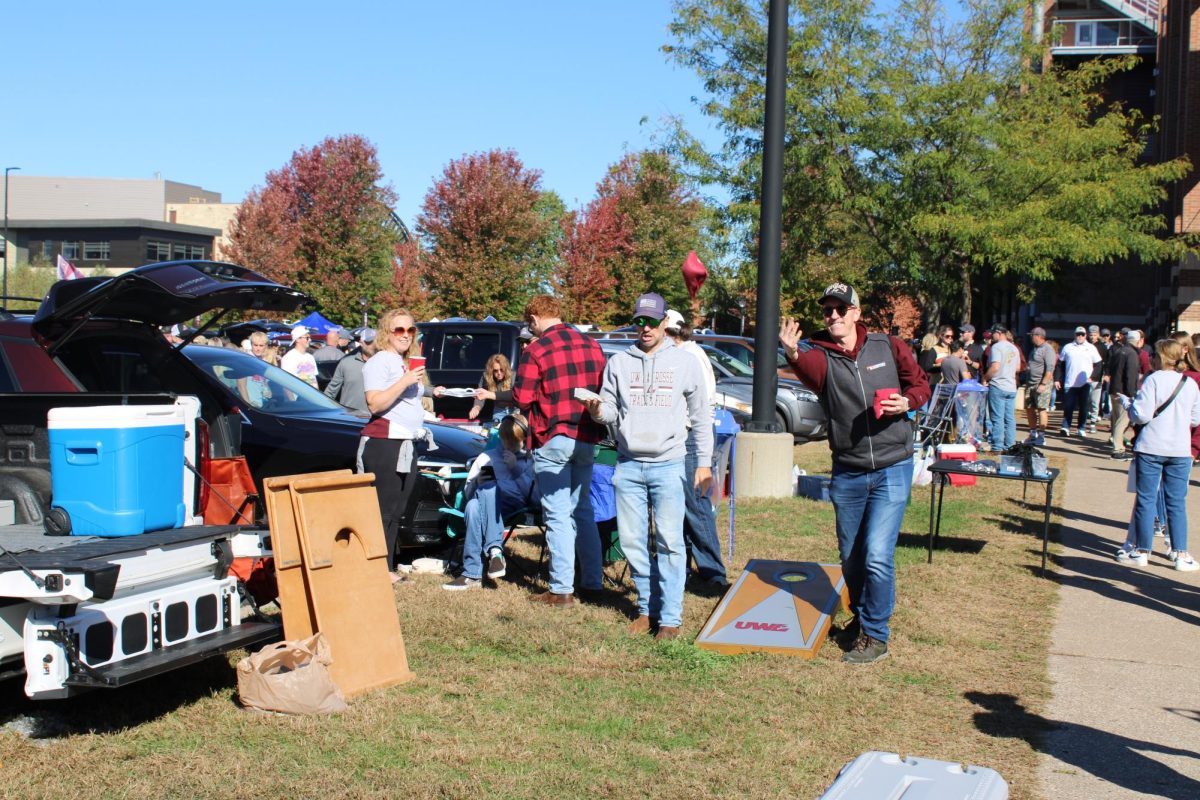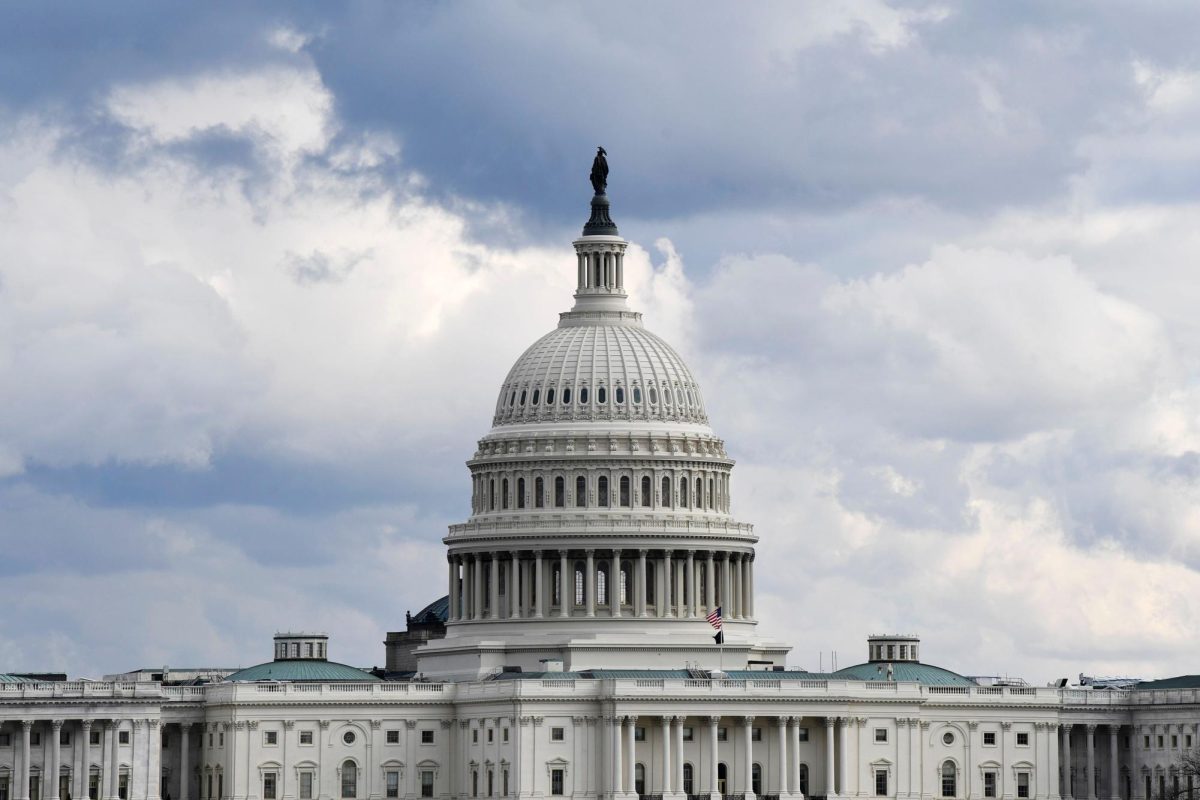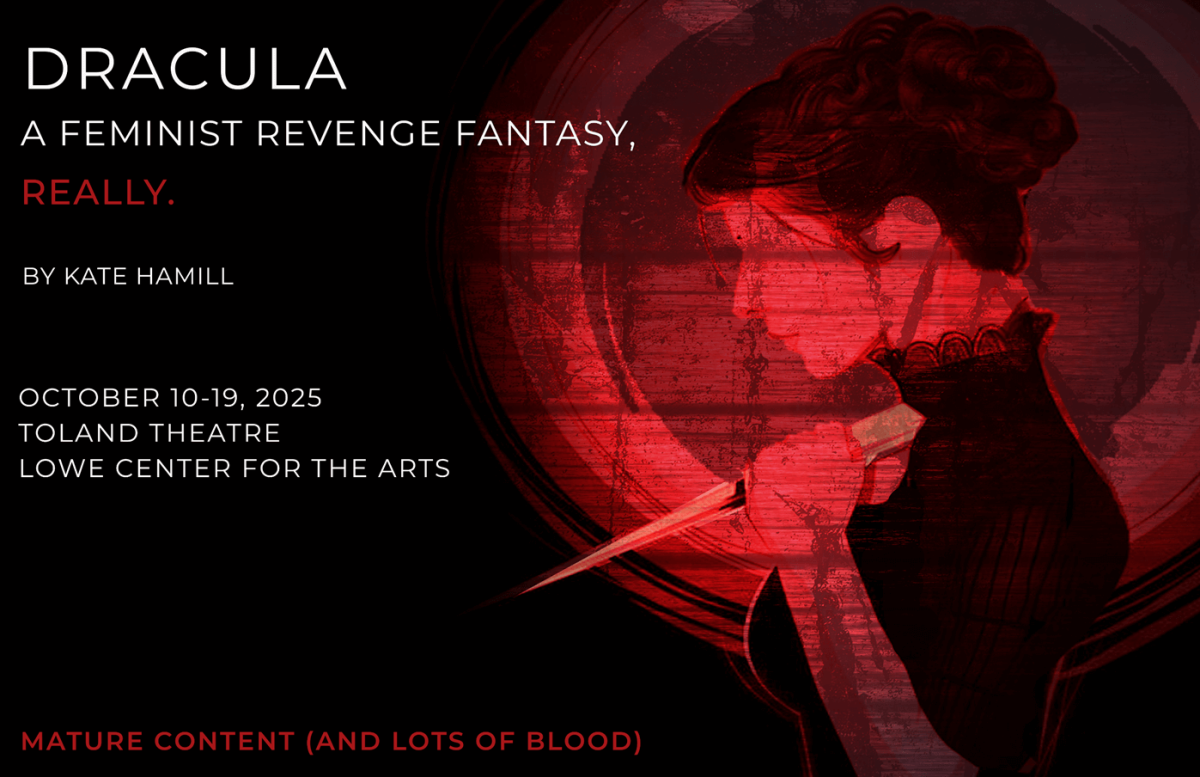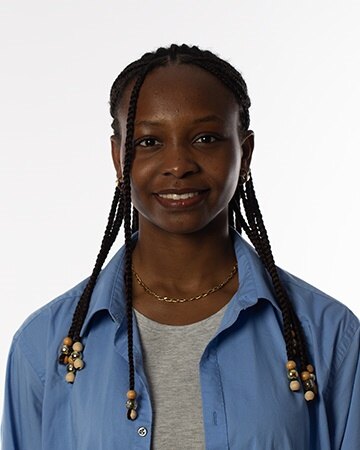The Racquet Press sat down with the executive team of the newly formed American Sign Language (ASL) club at the University of Wisconsin-La Crosse. The club began at the beginning of 2024, led by Emjay Hilliker, who serves as the club’s president.
“I’m deaf, I grew up signing,” said Hilliker. “When I came here I thought there could be a [ASL] club because there’s so many clubs here and then I realized that there wasn’t one.”
With the help of their interpreter Jodie Novak, who is also the club’s advisor and an ASL instructor at UWL, Hilliker was able to start the club.
Novak said, “[It was] kind of like a collaborative effort that Emjay spearheaded. Many of the students wanted a club but they needed somebody to lead them and that’s where Emjay stepped up.”
Novak added that the university had done a great job of ensuring that they had all the resources and information they needed and had been phenomenal about supporting the club from the start.
Teagan Miller, the secretary and social media manager of the club, explained that club activities involved playing popular games that could also be used in an educational way to teach sign language. For example, using UNO to learn numbers or colors and hangman to learn letters.
“We play games that everybody can understand so it puts us all on the same level and everybody enjoys it,” said Miller.
Brianna Varsho, the treasurer of the club said the most rewarding thing about being a part of the club was being able to communicate with another community. “I’ve seen deaf people all throughout my life and it’s nice to know that I have the basic knowledge to be able to have a conversation with them and hold a conversation with them,” she said.
Novak highlighted the importance of fostering a supportive community. She said, “I think that they’ve found a community of supporting each other and developing their language, learning a language is sometimes intimidating so they have the opportunity to work together, to support each other.”
A common misconception that Hilliker pointed out was the myth that potential club members had to know sign language before they could join it. “I’ve been asked a lot if they need to know about sign language before coming in and I always tell them like no, no, no.” Hilliker continued, “I feel like people have been turned off by it because they feel like they have to know something.”
Novak dispelled another common misconception about deaf individuals. She said, “…people are often intimidated by deaf folks and to use the language and I think the club presents the opportunity to see that it’s not so scary.”
The club has also faced the challenge of bringing in new members due to it being a relatively new club. Miller explained the club welcomes everyone no matter the level of knowledge they have with sign language. “…we would also like to be able to open it up to the community and have deaf community members come in,” she said.
Several members of the club take the ASL classes offered by UWL. Novak who teaches them, emphasized that the deaf culture was a culture of its own and had its own unique group filled with diversity.
“One thing that we do in the class a lot, we bring in a lot of the different perspectives from the community cause the deaf community identifies as a cultural minority. So we’ll bring in artifacts and we’ll talk about influencers and different people that are involved with the community and the history,” said Novak.
Novak also hinted at the possible addition of ASL classes under the general education courses. “…so that when folks search for which classes to fulfill that specific need for their major it will show up,” said Novak.
It’s currently in the works and they’re anticipating a positive reply from the committee. If so, it will be taking effect in the fall of 2024.
“Across the nation, we’re seeing folks catching the ASL bug. People just are so fascinated by the deaf community and sign language performance art and interpreters and just the life of deaf folks,” said Novak.
Hilliker stressed the importance of how fun learning a new language can be. “Ultimately we just want to make ASL fun, we want to make it interesting, so people want to learn and not make them feel like it’s a class.”
“Deafness is non-discriminatory, every race, religion, everybody has deaf folks in their communities,” said Novak. “The more folks that we have aware and linguistically competent, the more harmonious the world really is.”
